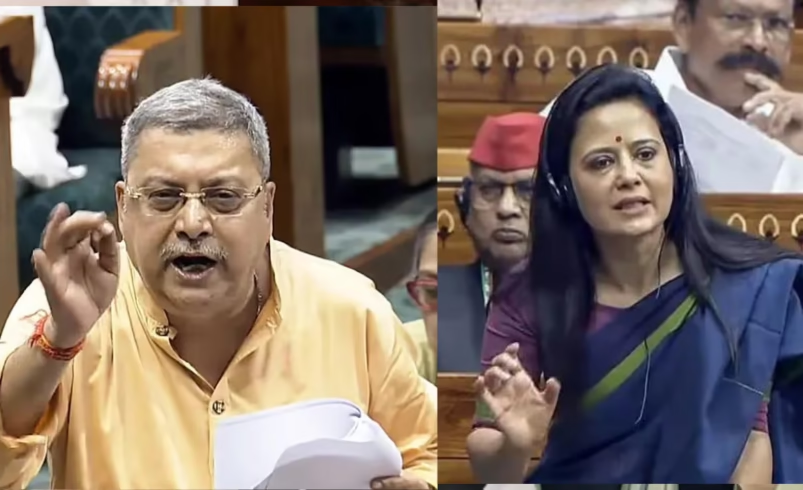TMC Tensions Escalate: Kalyan Banerjee Steps Down as Chief Whip, Criticizes Mahua Moitra
- August 4, 2025
- 0

Kalyan Banerjee, a prominent figure within the Trinamool Congress (TMC), has resigned from his position as the chief whip in the Lok Sabha. This decision comes in the wake of a public disagreement with fellow party member and MP, Mahua Moitra. The rift between the two leaders has been growing, culminating in Banerjee’s decision to step down. His resignation highlights the internal challenges facing the TMC as it navigates leadership dynamics and differing viewpoints among its members.
The conflict between Banerjee and Moitra became public after a podcast in which Moitra made comments that Banerjee found objectionable. He criticized her language, describing it as dehumanizing and uncivil. This public exchange has drawn attention to the differing approaches and communication styles within the party. Banerjee’s resignation underscores the impact of personal disagreements on party unity and effectiveness.
In defending his actions, Banerjee emphasized the importance of questioning public figures’ conduct. He argued that such scrutiny is essential for maintaining accountability and transparency within political parties. His stance reflects a broader debate within political circles about the balance between personal loyalty and public responsibility.
Banerjee accused Moitra of resorting to personal attacks as a means to deflect criticism of her performance. This accusation adds another layer to the ongoing conflict, suggesting deeper issues related to performance evaluations and intra-party criticism. The situation raises questions about how political parties manage internal disputes and maintain cohesion among their members.
The resignation of a key figure like Banerjee could have significant implications for the TMC’s future strategy and internal dynamics. As the party seeks to maintain its influence and address internal challenges, resolving such disputes will be crucial for its continued success. The outcome of this conflict may also influence how other parties handle similar situations, highlighting the importance of effective communication and conflict resolution within political organizations.